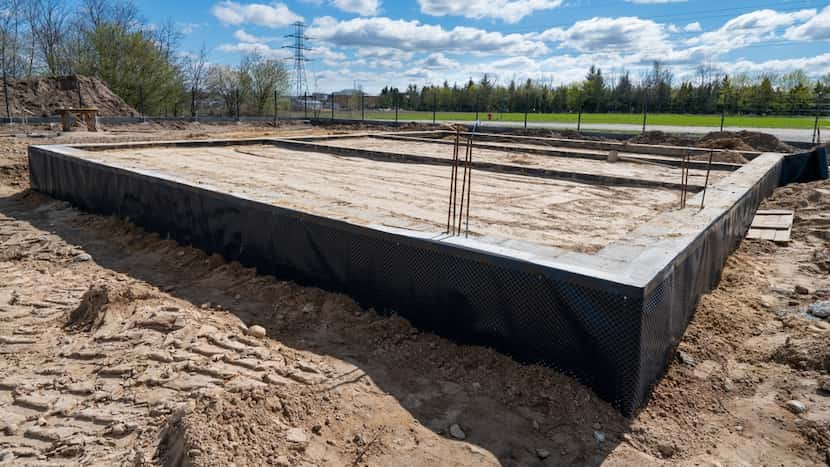Let’s check if this is correct.
The country is facing a major crisis of rising housing prices, but the White House solution is to threaten to cap rent increases and strip developers of incentives to build more housing?
No serious economist would make such a claim, but in an election year, blatant populist appeals to rent-strapped Americans take precedence over economics and common sense.
The Biden Administration’s recent proposed 5% cap on nationwide rent increases proves this point: landlords with 50 or more units who increase rents by more than 5% would give up the tax benefits of accelerated depreciation. While the rent cap would not affect new rental housing, such a sharp shock to a free market economy would create dangerous disruptions to the entire housing industry.
The chances of this proposal becoming reality are slimmer than a Dallas snowball in July. Still, the depths of this politically cynical election-year relief for rent-burdened Americans are hard to swallow.
About half of renters spend more than 30% of their income on rent, and many others spend more than 50% of their income on rent. But the economic impact of rent caps on the housing market is easy to predict: If developers could build fewer homes, skyrocketing home prices would get worse, not better.
Developers will hold back on building new housing units. That’s what happened in 2021 when voters approved an ill-conceived ballot measure in St. Paul, Minnesota. The measure would have limited residential rent increases to no more than 3% over a 12-month period, while providing various exceptions that would have allowed rents to increase further in some cases. Developers found themselves short on project funding as banks and other lenders questioned the ability of landlords and developers to meet their financial commitments. And some landlords raised rents ahead of the law and added questionable fees to get around the cap.
There’s a big difference between providing encouragement and incentives to spur construction and pursuing short-sighted policies that restrict investment. Better approaches to housing affordability include programs that incentivize construction and streamline permitting processes, and strategies to help developers set aside some low-rent units in mixed-use developments. Even just thinking more carefully about corporate ownership of single-family homes makes more sense than rent caps. These are all far better options than tying the free market with rent caps.
These efforts can and have been implemented at the local level in many cities, but could be further supported by federal policies that encourage investment. At the very least, these approaches allow developers and landlords to predict and control profit margins and operating costs.
Rent caps discourage investment, which is the last thing renters, landlords and developers want.
We welcome your thoughts in letters to the editor. Please review our guidelines and submit your letter here. If you have any problems with the form, please email us at letters@dallasnews.com.

